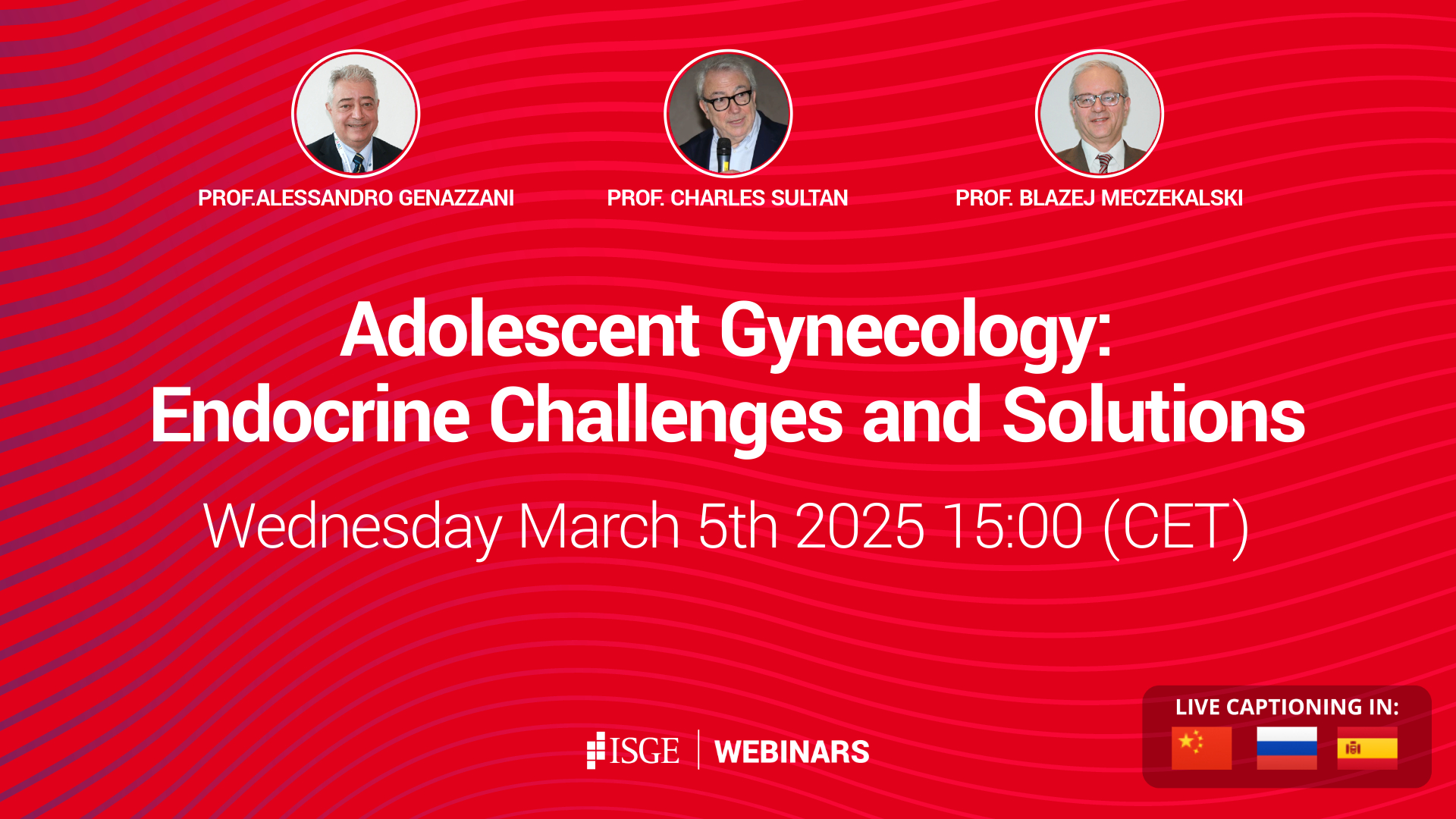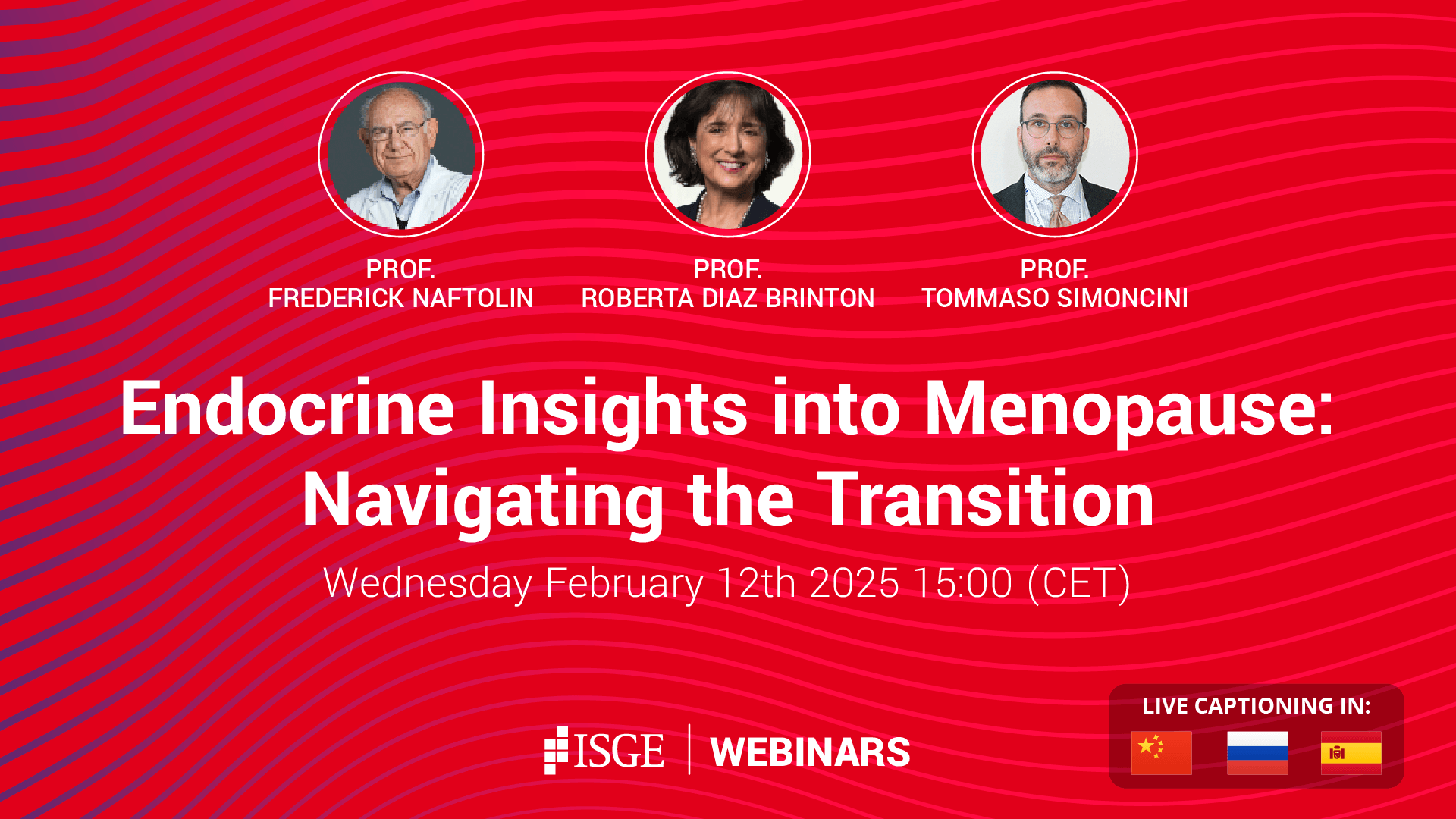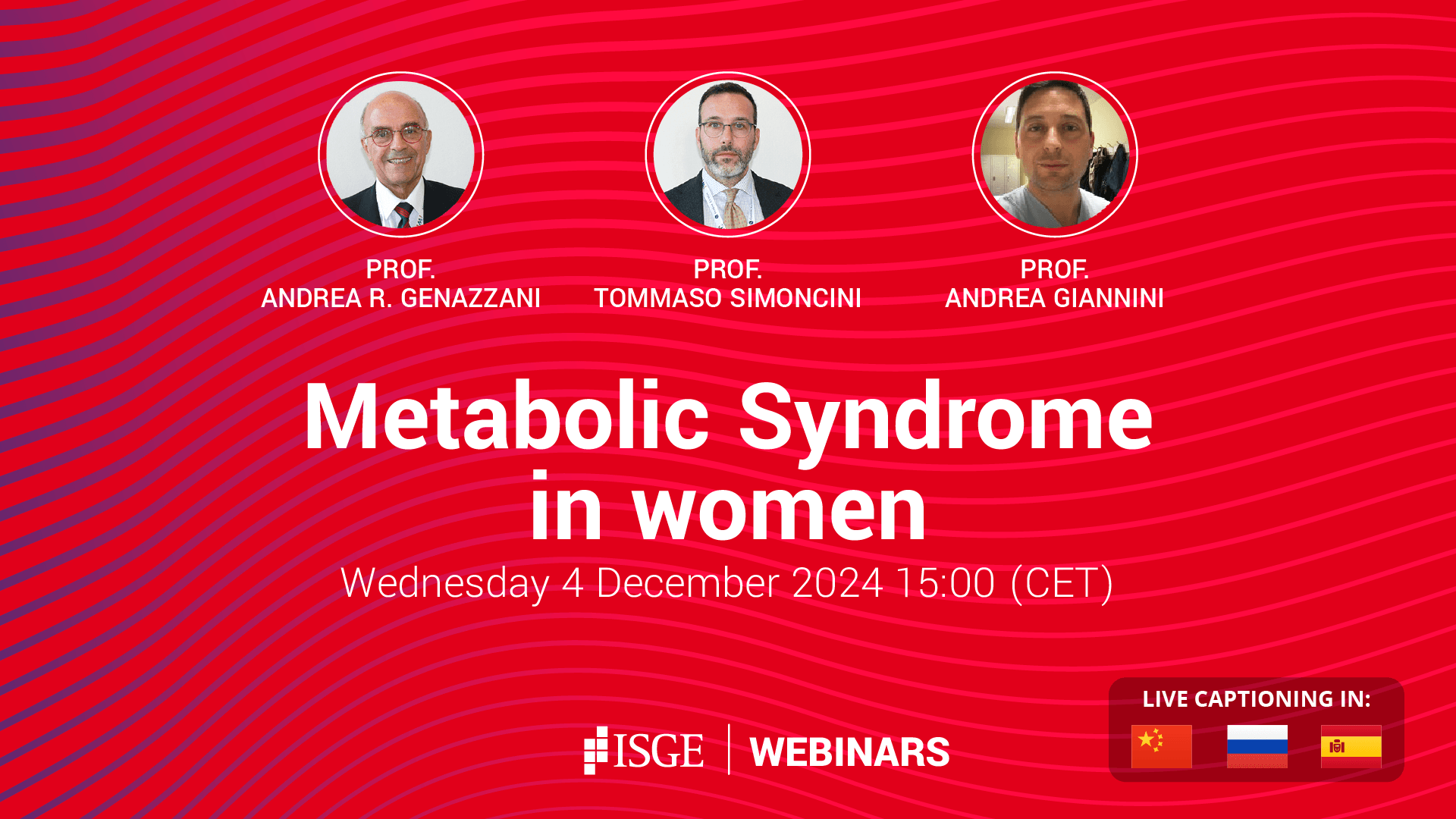A new issue of GREM Gynecological and Reproductive Endocrinology and Metabolism is out now. GREM is an open access journal: you can read all the articles for free.
IN THIS ISSUE:
Position paper Vasomotor symptoms can significantly reduce the quality of life in menopausal women. Current menopausal management guidelines suggest that it is necessary to provide treatment tailored to the individual. Alternative non-hormonal approaches for relief of these symptoms are needed, especially in the presence of contraindications or… Read more ≫ Review Introduction: Vasomotor symptoms and their concomitant sleep disorders affect quality of life and well-being of menopausal women. Menopausal hormone therapy is the first prescribed option for treating vasomotor symptoms such as hot flushes and insomnia. However, menopausal hormone therapy is contraindicated for women with current… Read more ≫ Review Background and purpose: In the developed world, vasomotor disorders are the most common menopausal symptoms and hormone replacement therapy (HRT) is the most effective remedy. This review aims to show that the Purified and Specific Cytoplasmic Pollen Extract is an effective and safe alternative in… Read more ≫ Short Review There is a growing body of evidence regarding the importance of the urogenital microbiota associated to reproductive outcomes, both for achieving pregnancy naturally or with the use of assisted reproductive technology (ART). The role of the vaginal and endometrial microbiota in potential infertility can be… Read more ≫ Short Review Introduction: Contemporary civilization provides a number of stress factors, and exposure to these factors disrupts the functioning of many systems of the human body. As a result of stress, organisms activate a complex range of responses involving the endocrine, nervous and immune systems. In normal… Read more ≫ Short Review Abnormal uterine bleeding (AUB) is the most common gynaecologic complaint of adolescents, requiring a good knowledge in terms of etiology and diagnostic methods to provide the best management of the condition. Ovulation disorders, mostly because of hypothalamic-pituitary- ovarian immaturity, is the main cause of AUB…. Read more ≫ Case report We report a case of posterior reversible encephalopathy syndrome in a patient receiving iron preparations for anemia and gonadotropin-releasing hormone antagonists for a uterine myoma. The patient presented with heavy menstrual bleeding (HMB) and anemic hemoglobin levels of 5.4 g/dL who after 40 days was successfully… Read more ≫ Case report Depot medroxyprogesterone acetate (DMPA) is an injectable, progestin-only contraceptive that provides highly effective, three-month-long, reversible contraception. It is given every 12 weeks by intramuscular (dose of 150 mg/mL) or subcutaneous (dose of 104 mg/0.65mL) injection. DMPA causes suppression of ovulation by blocking the hypothalamic-pituitary-ovarian (HPO) axis…. Read more ≫ Original articles Background and purpose: Recent reports offer conflicting evidence on the effect of administering additional FSH (boost) on the day of ovulation trigger in IVF cycles. This is a retrospective cohort study evaluating the clinical benefit of a boost on oocyte retrieval, quality, and development, specifically… Read more ≫ Original articles Background and purpose: To evaluate the usefulness of urinary estradiol (E2) assay for the management of patients with precocious puberty. Methods: This was a retrospective cohort study performed in the Obstetrics and Gynaecology Clinic, Careggi Hospital, University of Florence, Florence, Italy. We collected data from… Read more ≫ Original articles Background and purpose: To compare the cost-effectiveness of the three commonly used endometrial preparation methods in women undergoing frozen embryo transfer (FET). Methods: This was a retrospective cohort study of FET cycles performed between January 2009 and June 2015 at a tertiary fertility center. Three categories were… Read more ≫ |



